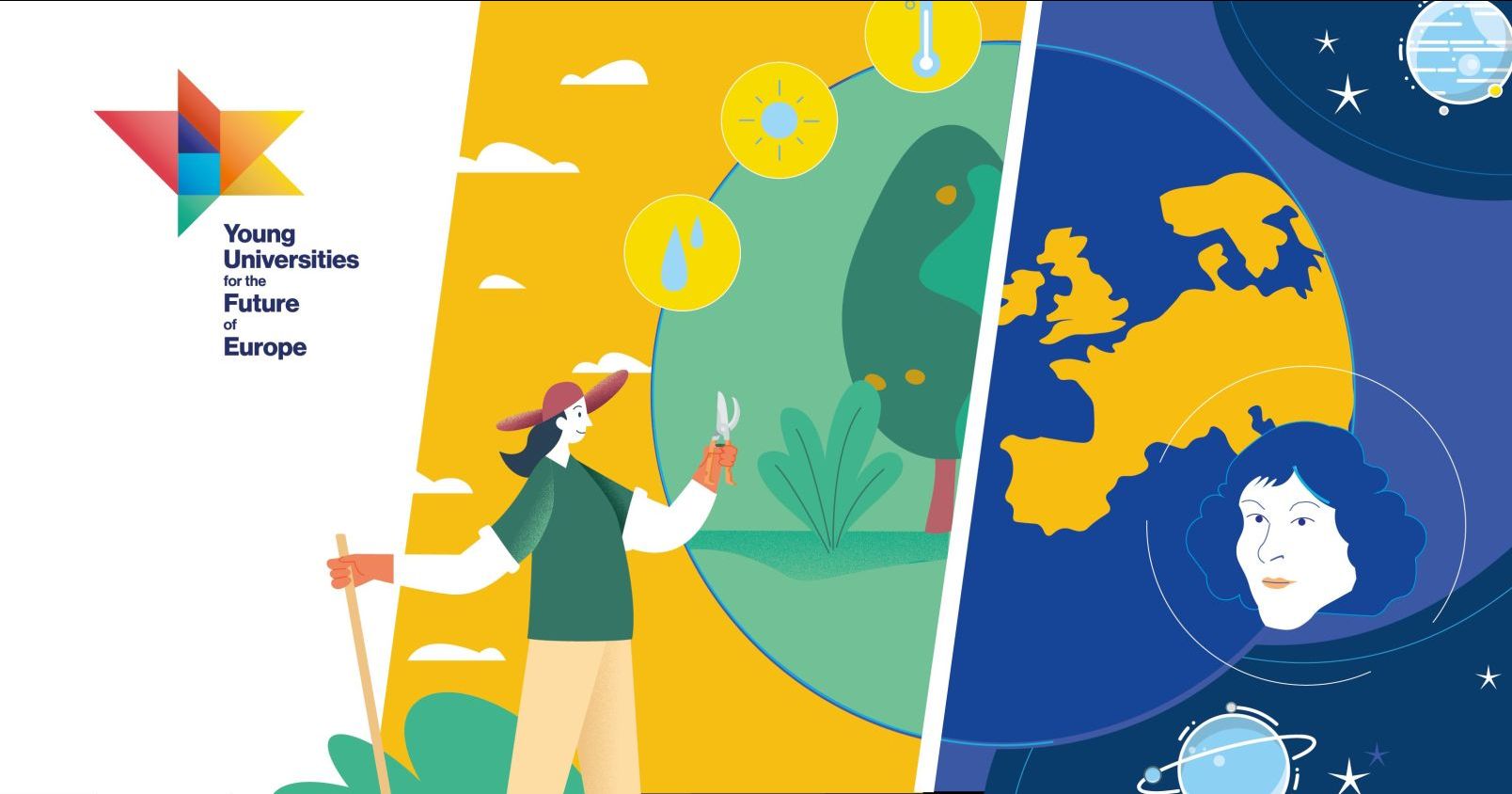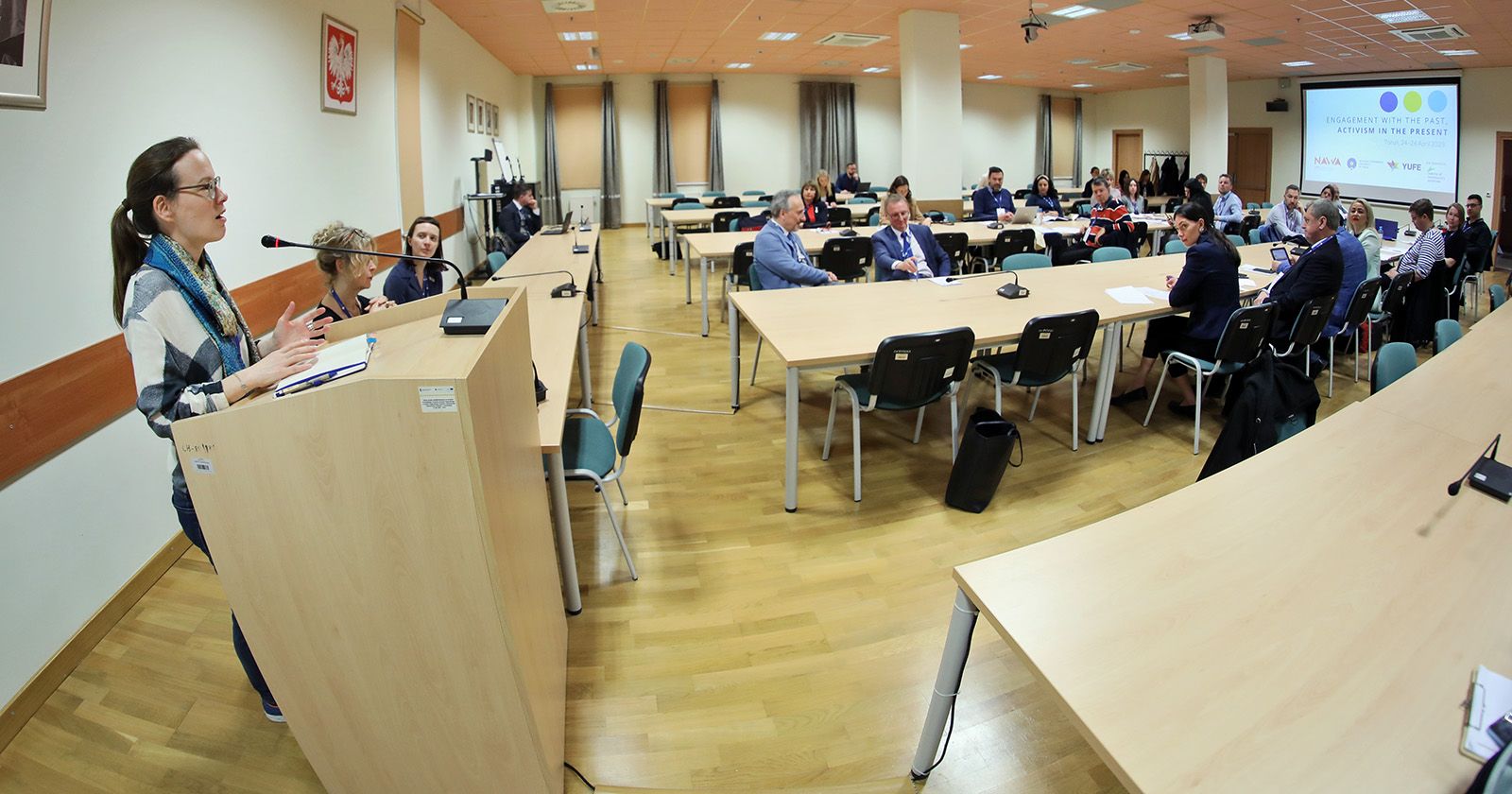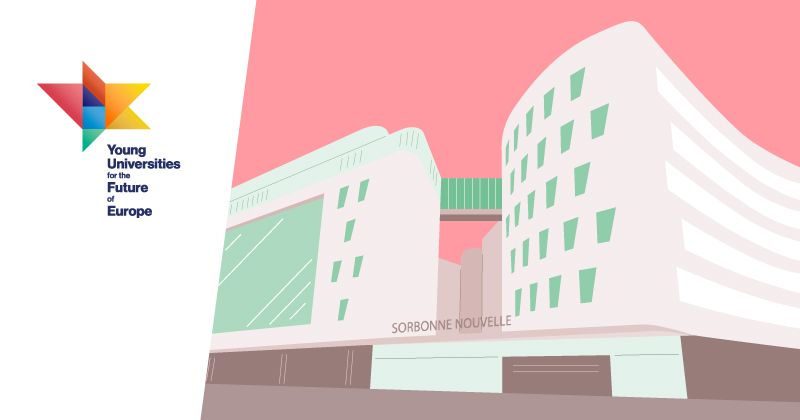 Campus life
Campus life
YUFE Academy at the Nicolaus Copernicus University
Edible gardens in cities and the first followers of Nicolaus Copernicus' revolutionary theory - these are the topics that will be dealt with by the speakers of the June open lectures of the YUFE Academy. The events are open to all who are interested.
The YUFE Academy is a series of lectures, workshops and activities organised by universities affiliated with one of Europe's first universities, the YUFE (Young Universities for the Future of Europe) alliance. The offer of meetings is aimed at the local community, young people and those studying and working at the university. The aim of the events in this series is to strengthen the university's relationship with the community, to fulfil the mission of lifelong education and to emphasise openness and accessibility.
This edition will feature two lectures held at the University Library. The first will be on the idea of community gardens and will be given by Paulina Jeziorek, an urban gardener and educator. The meeting will take place on 5 June at 12:00 in room 8 of the University Library. The lecture will also be streamed online. Those taking part in the YUFE Student Journey are asked to register in advance via the Virtual Campus under this. link.
During the lecture, participants will have the opportunity to talk about community gardens, which are becoming increasingly common in Poland and around the world. There is a noticeable trend of transforming cities into food-producing spaces, which strengthens local community ties, creates new forms of green spaces and introduces sustainable practices. Those attending the lecture will be able to see examples of urban farms, forest gardens and agricultural parks.
Paulina Jeziorek - an urban gardener and educator. Co-founder and long-term coordinator of the community garden Wspólny Ogród SDK in Warsaw, currently involved in the activities of the Wolna Wisła garden in Toruń and the Edible City initiative at the NCU Integration Centre.
A week later, on 12 June at 12:00, a lecture will be given by Prof Jarosław Włodarczyk from the Institute of the History of Science of the Polish Academy of Sciences. The guest will talk about the worldview upheaval that occurred with the publication of De Revolutionibus. The meeting will take place in the University Library and will also be broadcast via the NCU TV channel on YouTube. The lecture will be delivered in English. Those taking part in the YUFE Student Journey are asked to register in advance via the Virtual Campus under this link.
In a world where scientists were convinced that we lived at the centre of the universe, the publication of De Revolutionibus was a major challenge for Copernicus. The geocentric theory of the known universe was challenged and the Earth became one of many planets orbiting the Sun. Such a change in the perception of reality caused different reactions among Europeans. Some condemned and ridiculed the heliocentric theory, while others embraced it, popularised it and made attempts to develop it.
Prof. dr habil. Jarosław Włodarczyk - a historian of astronomy at the Institute of the History of Science, Polish Academy of Sciences, a member of the Polish Academy of Sciences, the Académie internationale d'histoire des sciences, the Warsaw Scientific Society and the Polish Astronomical Society. Author of many books and scientific publications. He was awarded the Prof. Włodzimierz Zonn medal for popularising knowledge about the Universe. He is the founder and for many years editor-in-chief of the popular science book series "Na ścieżkach nauki", as well as the editor-in-chief of the series "Studia Copernicana".
 NCU News
NCU News








 Campus life
Campus life
 Campus life
Campus life